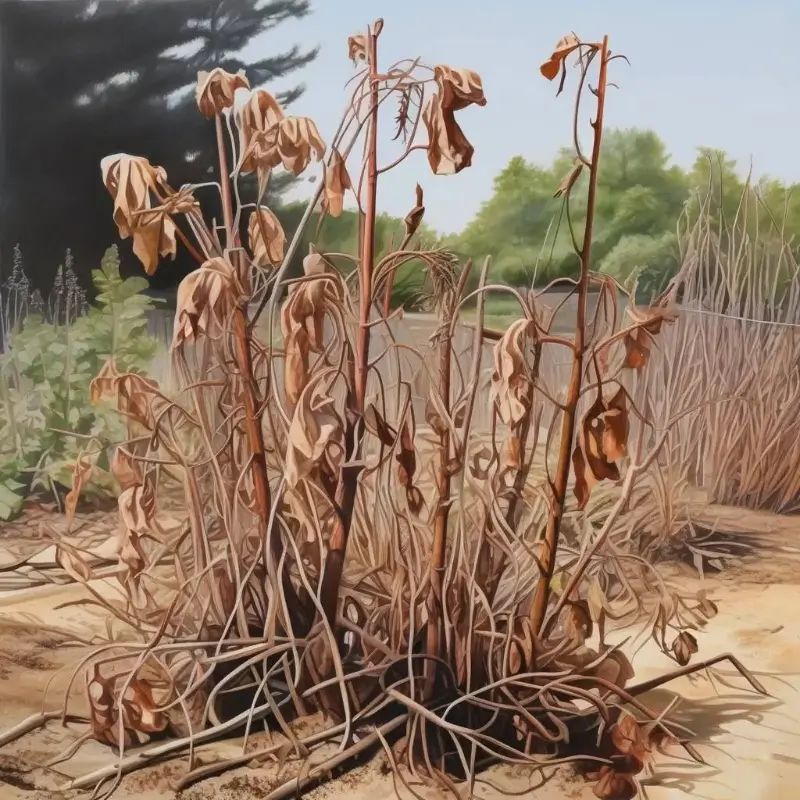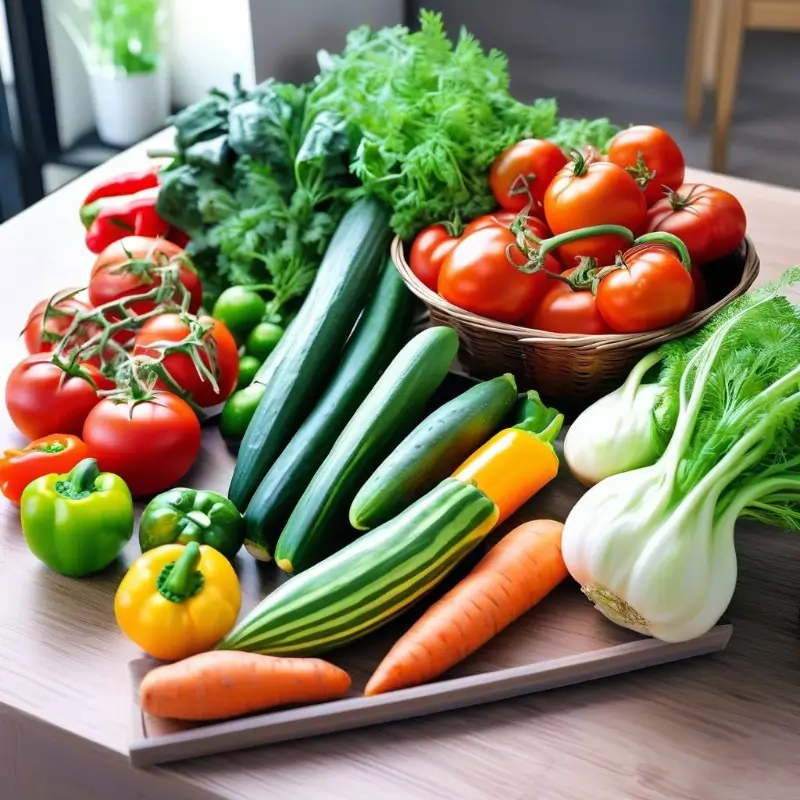why do plants wilt?
Plants wilt for a variety of reasons, and it is often a sign that the plant is experiencing stress. Here are some of the most common causes of wilting in plants:
- Water Stress: The most immediate cause of wilting is usually a lack of water. When the soil moisture content is insufficient, the plant’s cells become dehydrated, and the stomata on the leaves close to conserve water, which reduces transpiration but also limits the plant’s ability to take in carbon dioxide and release oxygen.
- Transpiration: Transpiration is the process by which water is lost from the leaves through small openings called stomata. On a hot, windy day, or if the soil is drying out quickly, the rate of transpiration can exceed the plant’s ability to take in water from the soil, leading to wilting.
- Soil Issues: Soil that is too acidic, alkaline, or lacks necessary nutrients can cause plants to wilt. Additionally, poor soil structure can impede root growth and water uptake.
- Root Damage: Damage to the roots, whether from insects, diseases, physical injury, or poor growing conditions, can reduce the plant’s ability to absorb water and nutrients from the soil.
- Overwatering: While water scarcity is a common cause of wilting, too much water can also be problematic. Overwatering can lead to root rot, which impairs the plant’s ability to take up water properly.
- Light Stress: High levels of sunlight can cause photoinhibition, where the plant’s photosynthetic processes are slowed down, leading to wilting. Additionally, plants may wilt if they are not receiving enough light and are not able to produce enough energy.
- Environmental Conditions: Extremes in temperature, whether hot or cold, can cause plants to wilt. High temperatures can increase the rate of transpiration, while low temperatures can slow down the plant’s metabolism, making it harder to maintain turgidity.
- Disease and Pest Infestation: Pathogens such as fungi, bacteria, and viruses, as well as pests like aphids and caterpillars, can attack plants and cause wilting by damaging tissues and interfering with the plant’s normal functions.
- Growing Conditions: Plants may wilt if they are not provided with the proper growing conditions, including adequate space, proper pruning, and management of competing plants.
When a plant wilts, it is a signal that it is in distress and needs attention. Identifying the cause of wilting is important for providing the appropriate solution, whether it’s adjusting watering practices, improving soil conditions, treating for diseases or pests, or ensuring the plant has the right growing conditions.
Plants wilt for various reasons, and one of them is the changing seasonal conditions, especially during autumn.As autumn progresses, the days become shorter, and the hours of sunlight available to plants decrease. Sunlight is essential for photosynthesis, the process by which plants produce energy. With less light, plants may not be able to produce enough energy to support their cellular functions, leading to wilting.



